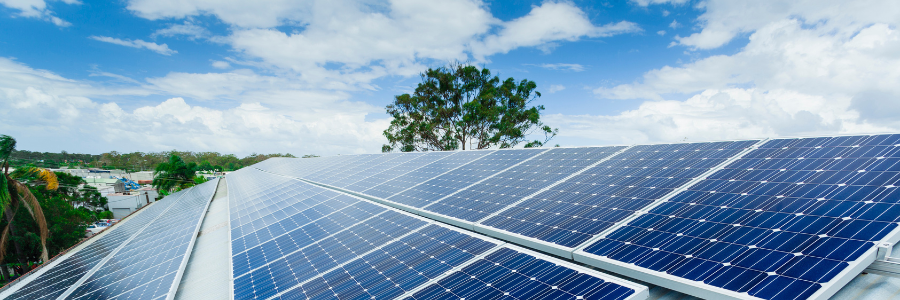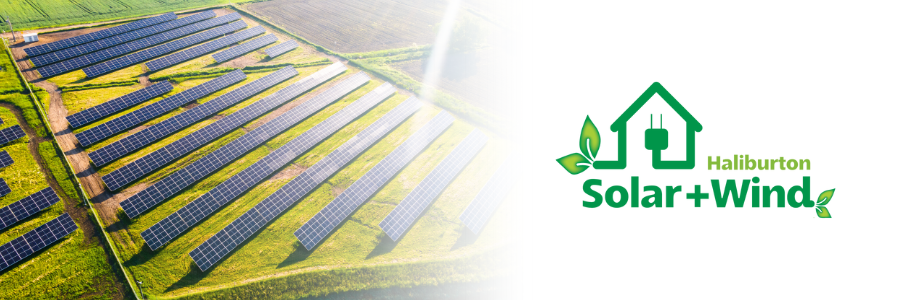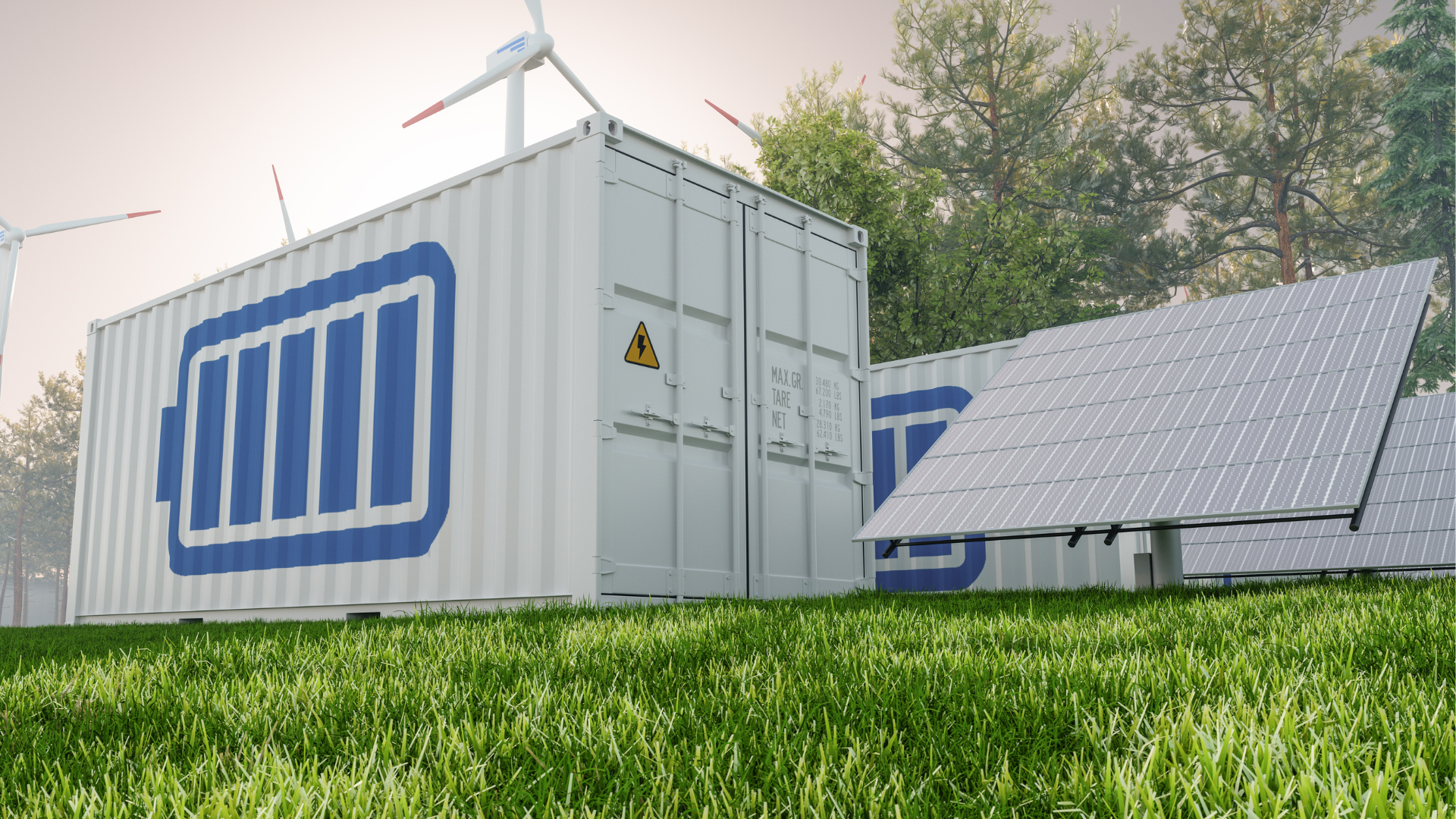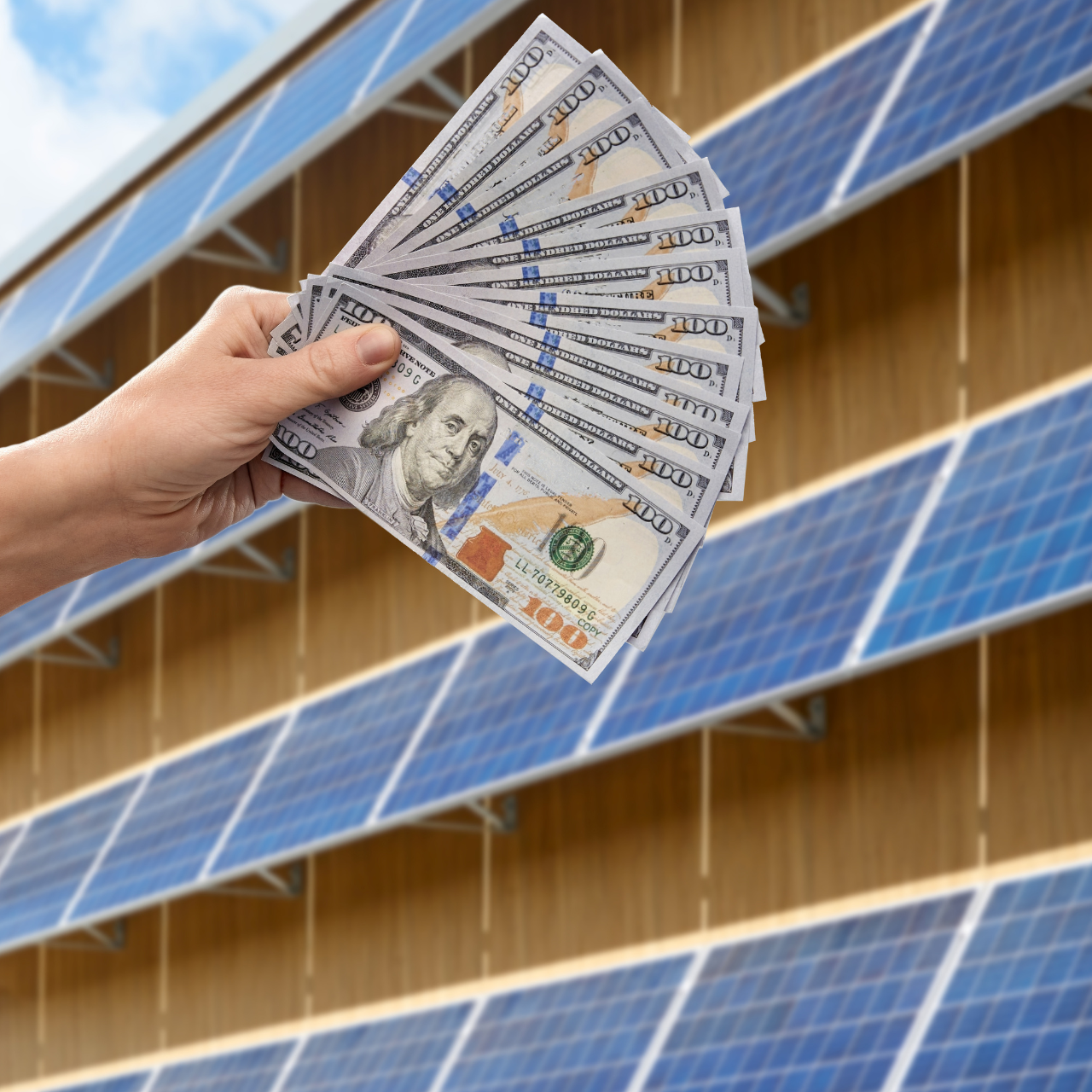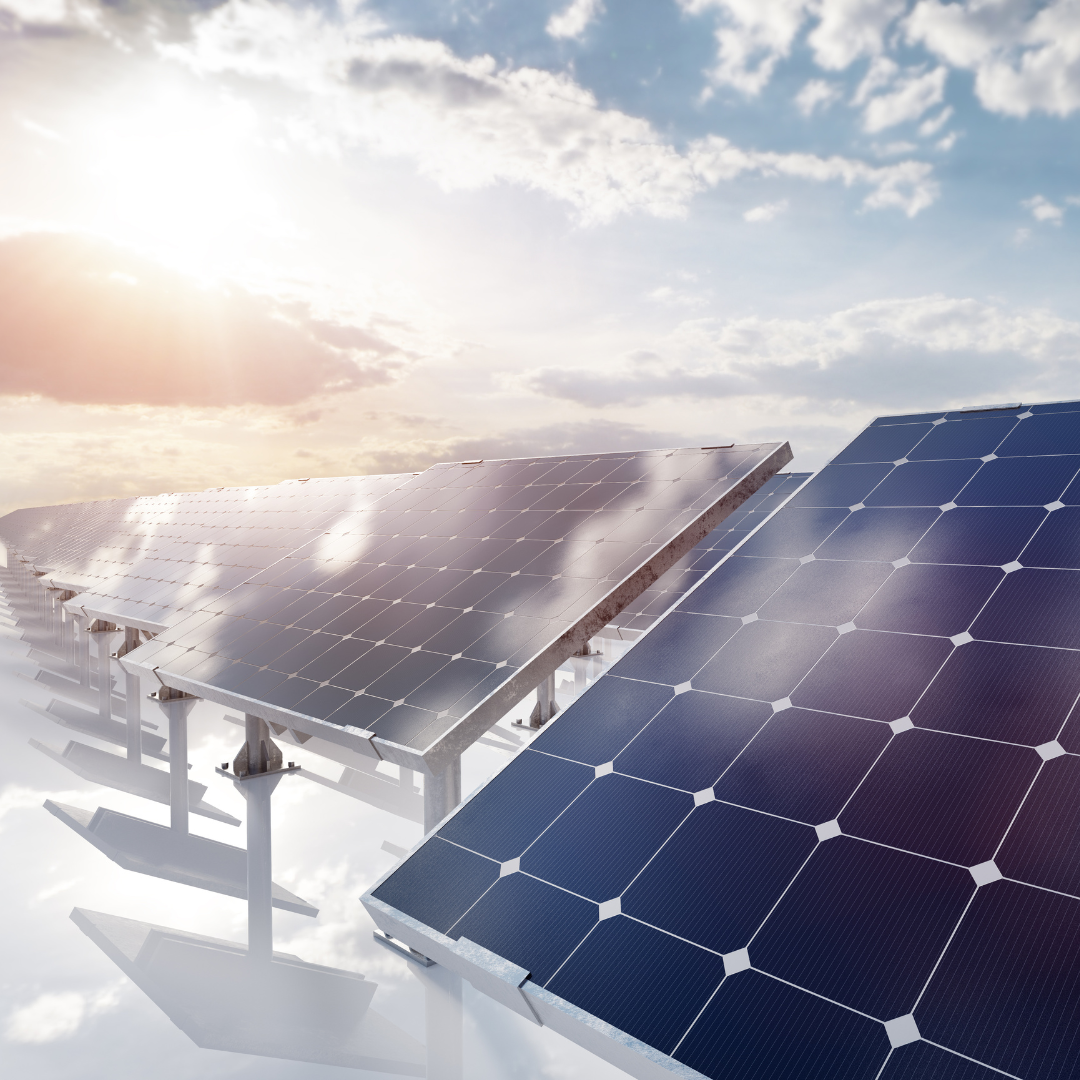Living Off the Grid in Ontario: Complete Guide to Heating Solutions and Finding the Best Solar Installers
There has been a growing interest in off-grid living in recent years as more people seek sustainable and self-sufficient lifestyles. Off-grid living involves disconnecting from the conventional power grid and relying on alternative energy sources for electricity, heating, and other needs. One of the critical aspects of off-grid living is finding reliable and efficient heating solutions, especially in regions like Ontario, where winters can be harsh.
Sustainable heating solutions are essential for comfort, reducing environmental impact, and ensuring energy independence. Whether building a new off-grid home or upgrading your current setup, choosing the right heating system is crucial for maintaining a comfortable living environment.
This guide provides a comprehensive overview of the best off-grid heating solutions available, including wood-burning stoves, propane heating, solar heating systems, and geothermal heating. Additionally, we will discuss how to find the best solar installers in Ontario to ensure your heating system is installed correctly and efficiently. By understanding your options and working with reputable solar installers, you can achieve a sustainable, comfortable, off-grid living experience. If you’re searching for “solar installers near me” or exploring off-grid heating options, this guide is your ultimate resource.
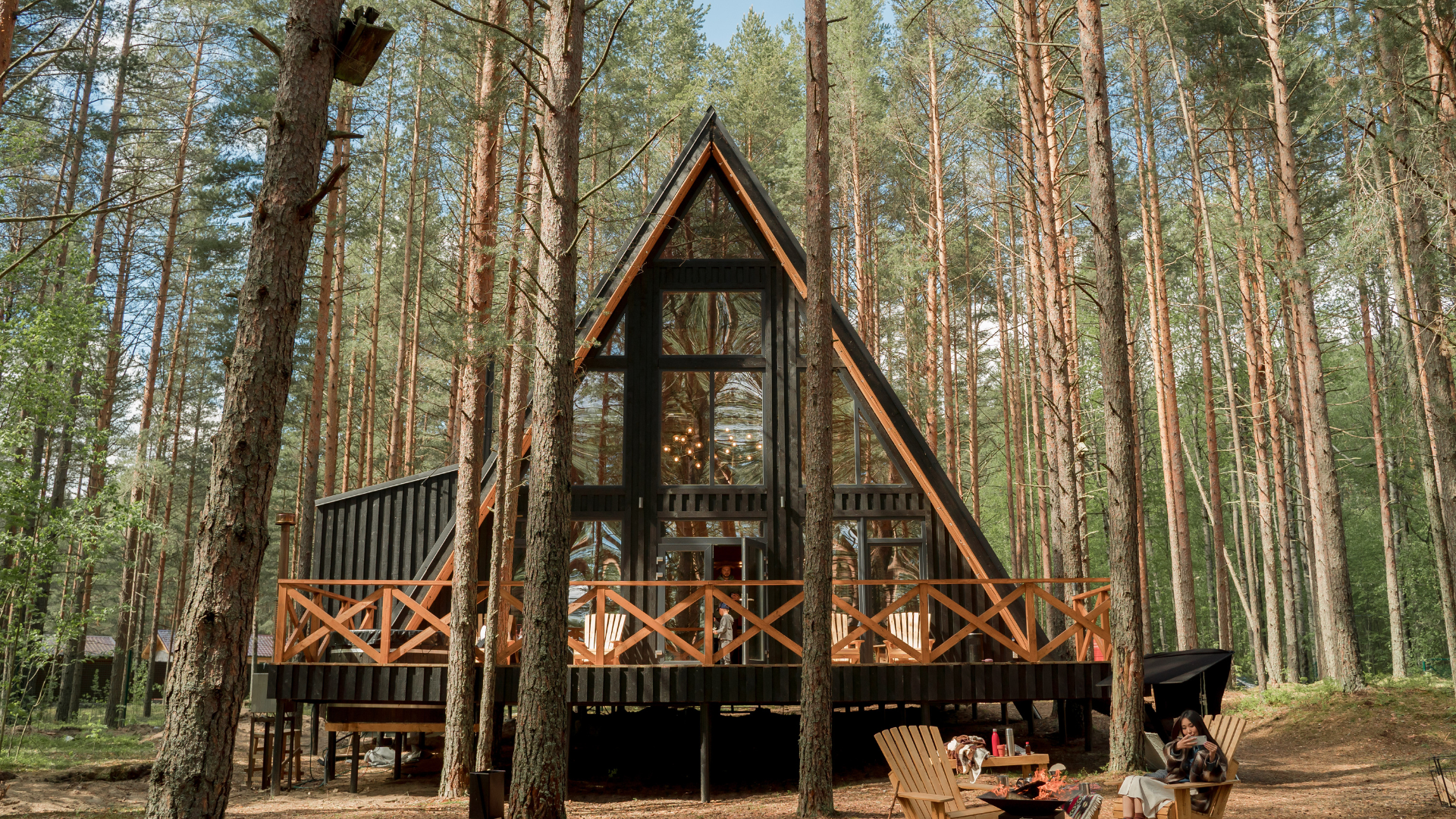
1: Understanding Off-Grid Living in Ontario
- What Is Off-Grid Living?
Off-grid living is where individuals or households operate independently from the traditional electrical grid. This means generating your own power through renewable energy sources like solar panels, wind turbines, or hydroelectric systems. Off-grid living offers numerous benefits, including reduced utility bills, increased self-sufficiency, and a lower environmental impact. By relying on renewable energy, off-grid living helps decrease dependence on fossil fuels, contributing to a more sustainable future.
- Specific Challenges in Ontario
Living off-grid in Ontario presents unique challenges due to the region's climate and geography. Ontario experiences cold, harsh winters with heavy snowfall and shorter daylight hours, which can impact the efficiency of solar panels and other renewable energy systems. Ensuring adequate heating during the winter months is crucial, making the selection of reliable off-grid heating solutions essential. Additionally, rural and remote locations in Ontario may have limited access to resources and services, necessitating careful planning and preparation for energy storage, maintenance, and repairs. Understanding these challenges and working with experienced professionals can help you overcome these obstacles and create a comfortable and sustainable off-grid living environment in Ontario.
By addressing these specific challenges and leveraging the benefits of off-grid living, you can successfully transition to a self-sufficient and eco-friendly lifestyle in Ontario.
2: Overview of Off-Grid Heating Solutions
- Wood Burning Stoves
Wood-burning stoves are a traditional and popular choice for off-grid heating. They are highly effective at producing heat and can be a cost-efficient solution if you have access to a steady supply of firewood. Benefits of wood-burning stoves include their ability to provide consistent and intense heat, even during power outages, and the aesthetic charm they add to a home. However, there are drawbacks to consider, such as the need for regular maintenance, including chimney cleaning, and the environmental impact of wood smoke. Additionally, wood-burning stoves require significant labour to chop, stack, and store firewood.
- Propane Heating
Propane heating systems are another reliable option for off-grid living. These systems are efficient and can provide both space heating and hot water. Propane heaters are relatively easy to install and maintain, offering consistent heat output even in extreme cold. The efficiency of propane heating systems makes them a viable option for off-grid homes, but it’s important to ensure a steady supply of propane, which requires regular deliveries and adequate storage. Propane is a fossil fuel, so while it burns cleaner than wood, it still has an environmental impact.
- Solar Heating Systems
Solar heating systems harness the sun’s energy to provide heat for your home. There are two main types of solar heating: passive and active. Passive solar heating involves designing your home to maximize natural sunlight through windows and thermal mass, while active solar heating uses solar collectors to absorb and transfer heat to your home. The benefits of solar heating systems include their sustainability and low operating costs after installation. However, solar heating's effectiveness can be limited by Ontario's long winters and short daylight hours.
- Geothermal Heating
Geothermal heating systems utilize the earth's constant temperature to heat your home. This system involves installing a series of pipes underground, through which a fluid circulates to absorb and transfer heat. Geothermal systems are highly efficient and environmentally friendly, providing consistent heating regardless of the outside temperature. However, the initial installation cost can be high, and the system requires a suitable location with adequate land for the underground pipes. In Ontario, geothermal heating can be a practical solution due to the region's stable underground temperatures, making it a viable option for off-grid heating.
Understanding these various off-grid heating solutions allows you to choose the best system to meet your needs and ensure a comfortable, sustainable living environment in Ontario. Consulting with experienced solar installers near you can help you design and implement the most efficient heating solution for your off-grid home.
3: How to Choose the Right Off-Grid Heating System
- Assessing Your Heating Needs
To choose the right off-grid heating system, evaluate your specific heating requirements. Consider the size of your home, the number of rooms, and the level of insulation. Larger homes or poorly insulated spaces will require more robust heating solutions. Additionally, factor in the climate and typical weather conditions in your area. For instance, Ontario’s harsh winters necessitate a reliable and efficient heating system. Calculate the total heating load in BTUs (British Thermal Units) needed to maintain a comfortable indoor temperature throughout the coldest months.
- Cost and Efficiency
When comparing off-grid heating solutions, consider both the upfront installation costs and the long-term operational expenses. Wood-burning stoves generally have lower initial costs but require regular purchase and handling of firewood. Propane heating systems have moderate installation costs, but the ongoing expense of propane can add up over time. Solar heating systems, particularly active solar setups, can be expensive to install but offer minimal operating costs once in place. Geothermal heating systems have high initial costs due to the need for extensive underground installation, but they are extremely efficient and have low operating expenses. Evaluate the efficiency ratings of each system, such as the AFUE (Annual Fuel Utilization Efficiency) for propane heaters or the coefficient of performance (COP) for geothermal systems, to understand their long-term cost-effectiveness.
- Environmental Impact
Consider the environmental footprint of each heating option when making your decision. Wood-burning stoves, while renewable, produce smoke and particulate emissions, contributing to air pollution. Propane heating systems are cleaner than wood but rely on fossil fuels, contributing to greenhouse gas emissions. Solar heating systems are the most environmentally friendly, harnessing renewable energy from the sun with no emissions. Geothermal systems also have a low environmental impact, utilizing the earth’s natural heat with minimal emissions. Choosing a heating solution with a lower environmental footprint can contribute to a more sustainable and eco-friendly off-grid lifestyle.
By carefully assessing your heating needs, comparing costs and efficiency, and considering the environmental impact, you can select your home's most suitable off-grid heating system. Consulting with experts in off-grid heating can help you make an informed decision that meets your specific requirements and sustainability goals.
4: Solar Heating Systems in Detail
- Types of Solar Heating Systems
Solar heating systems can be categorized into two main types: passive and active.
Passive Solar Heating: This system relies on the design and construction of the building to collect, store, and distribute solar energy. It involves strategic placement of windows, thermal mass (materials that absorb and store heat), and insulation to maximize the use of natural sunlight. Passive solar heating is cost-effective and requires minimal maintenance, but its effectiveness depends on proper building design and orientation.
Active Solar Heating: Active systems use mechanical and electrical equipment to collect and distribute solar energy. These systems typically include solar collectors, heat storage, and distribution mechanisms such as pumps or fans. Active solar heating is more efficient and flexible than passive systems but involves higher initial costs and more complex installation and maintenance.
- Installation Process
Installing a solar heating system involves several key steps:
- Assessment and Design: A professional solar installer will evaluate your home’s location, orientation, and heating needs to design an optimal system.
- Permitting: Obtain the necessary permits from local authorities, which may involve inspections and approvals.
- Installation of Solar Collectors: Install solar collectors on the roof or another sun-exposed area. These collectors capture and convert sunlight into heat.
- System Integration: Integrate the solar collectors with the heat storage system and distribution network. This may include connecting to existing heating systems or installing new components like pumps and control systems.
Testing and Commissioning: Once installed, the system is tested to ensure it operates correctly and efficiently.
- Maintenance and Longevity
To ensure the long-term efficiency and reliability of your solar heating system, regular maintenance is essential:
- Cleaning Solar Collectors: Clean the solar collectors periodically to remove dust, dirt, and debris that can reduce efficiency.
- Inspecting Components: Regularly inspect all system components, including pumps, controllers, and heat exchangers, for signs of wear or damage.
- Monitoring Performance: Use a monitoring system to track the performance of your solar heating system and identify any issues early.
- Professional Servicing: Schedule annual inspections and maintenance with a professional solar installer to ensure optimal performance and address potential problems.
By understanding the types of solar heating systems, the installation process, and maintenance requirements, you can make informed decisions and ensure your system operates efficiently for years to come. Consulting with reputable solar installers near you can provide additional guidance and support for your off-grid heating needs.
5: Finding the Best Solar Installers in Ontario
- Researching Solar Installers
Finding reputable solar installers is crucial for a successful off-grid heating system installation. Start by searching online for “solar installers near me” and reading customer reviews and ratings on platforms like Google, Yelp, and Better Business Bureau. Visit the websites of potential installers to learn about their services, experience, and certifications. Seek recommendations from friends, family, or neighbours who have had solar systems installed. Additionally, check for memberships in industry organizations like the Canadian Solar Industries Association (CanSIA), which can indicate a commitment to industry standards and practices.
- Key Qualities to Look For
When evaluating solar installers, consider the following essential qualities and credentials:
- Experience and Expertise: Look for installers with extensive experience designing and installing solar heating systems, particularly for off-grid applications.
- Certifications and Licenses: Ensure the installer holds relevant certifications, such as NABCEP (North American Board of Certified Energy Practitioners) certification, and is licensed to operate in Ontario.
- Reputation: Choose installers with a strong reputation for quality work and customer satisfaction, as evidenced by positive reviews and testimonials.
- Warranty and Support: A reputable installer should offer robust warranties on the equipment and its workmanship. Additionally, they should provide ongoing support and maintenance services.
- Transparent Pricing: Look for installers who provide clear and detailed quotes without hidden fees, ensuring you understand the total cost of the installation.
- Questions to Ask Potential Installers
To ensure you choose the right installer, ask the following important questions:
- What is your experience with off-grid solar heating systems? – Confirm their expertise in off-grid installations.
- Can you provide references from previous clients? – Speaking with past clients can provide insights into their reliability and quality of work.
- What certifications and licenses do you hold? – Verify their professional credentials.
- What brands of solar panels and components do you recommend? – Ensure they use high-quality, reliable products.
- What is included in your warranty and maintenance services? – Understand the coverage and support provided after installation.
- How do you handle permitting and inspections? – Ensure they will manage all necessary permits and inspections for the project.
You can find a reputable, experienced professional to install your off-grid heating system by thoroughly researching and vetting potential solar installers. This will ensure a high-quality installation and reliable performance for years to come.
Conclusion
In summary, off-grid living in Ontario requires thoughtful planning, especially regarding heating solutions. Understanding the various off-grid heating options, including wood-burning stoves, propane heating, solar heating systems, and geothermal heating. Each heating method has benefits and challenges, but all can contribute to a comfortable and sustainable off-grid lifestyle.
Choosing the right solar heating system and finding reputable solar installers are critical. Thorough research, looking for key qualities such as experience, certifications, and customer reviews, and asking the right questions will help you find reliable solar installers near you. Proper installation and regular heating system maintenance ensure long-term efficiency and reliability.
We encourage you to explore off-grid heating solutions and find the best solar installers in your area. A well-chosen and properly installed heating system will enhance your off-grid living experience, providing comfort and sustainability year-round.
